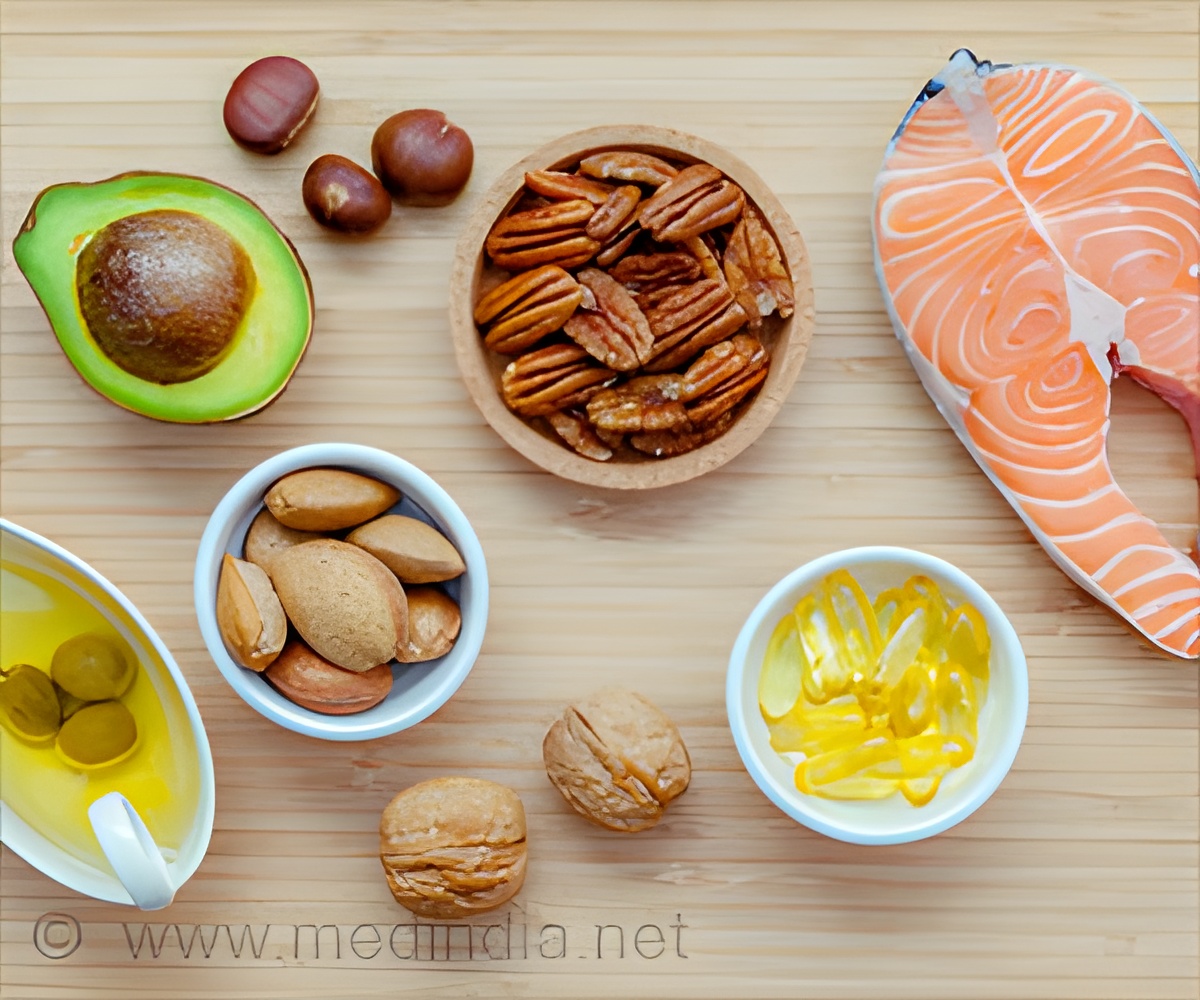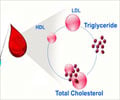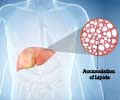
‘High omega-6 intake is known to correlate with inflammation, impaired brown fat formation, and obesity.’
Tweet it Now
At present, there are 15 studies on clinicaltrials.gov recruiting or preparing to recruit cancer patients to test the ketogenic diet as a therapy. This diet, high in fat and very low in carbohydrates, is said to induce a fasting state without the actual fast. It dramatically lowers the amount of glucose in circulation and increases fatty ketone bodies. The change in energy source is proposed to cut off the sugar supply to metabolically active cancer cells. But preclinical results are surprisingly mixed. A paper in the Journal of Lipid Research explained some of the variability observed in models of ketogenic therapy for cancer. The researchers identified four key ketolytic enzymes and found that when the isoforms BDH1 and OXCT1 were expressed at high levels in a cancer cell line, feeding mice with a tumor of those cells a ketogenic diet would in fact speed tumor growth. Conversely, mice whose tumors had lower expression of the enzymes saw slower tumor growth. This research has important implications for when it is appropriate to recommend a ketogenic diet to cancer patients.
Fat balance matters for mouse health
Polyunsaturated fats are the "good fats" according to diet magazines and clean-living advocates. But some unsaturated fats are better than others. In a recent study in the Journal of Lipid Research, a team led by Rayane Ghandour at the Universite Cote d'Azur in France, in collaboration with nutritionists from Germany, compared the effects of diets supplemented with two types of unsaturated fatty acid on formation of brown adipose tissue in mice. Brown fat heats the body and can dissipate excess energy; converting white fat tissue, which is metabolically inert, into brown fat is a hypothetical target for weight-loss treatment. Ghandour tested the effect of supplementing a mouse's diet with either omega-3 essential fatty acids, which are abundant in fish, or omega-6 fatty acids, which are high in some vegetable oils and soy. Although both groups of mice ate the same amount of calories and weighed the same, they responded differently to a treatment that stimulated brown fat tissue production. The mice with omega-3-supplemented feed showed mildly greater weight loss and better ability to convert white adipocytes to brown adipocytes when stimulated than those with omega-6 supplementation. Just one lipid mediator of inflammation, the prostaglandin PGF2-alpha, was significantly different between mice on the two diets. PGF2-alpha is made by an enzyme from omega-6 fatty acids. The researchers tested the enzyme's activity in cultured cells with omega-6 or both types of fatty acid and found that omega-3 could out-compete omega-6 fatty acids for enzyme activity. This research provides a mechanism for why diets high in omega-6 fatty acids may cause inflammation.
Lysosomal enzyme plays complex role in nutrient sensing and self-digestion
Advertisement
Source-Eurekalert















